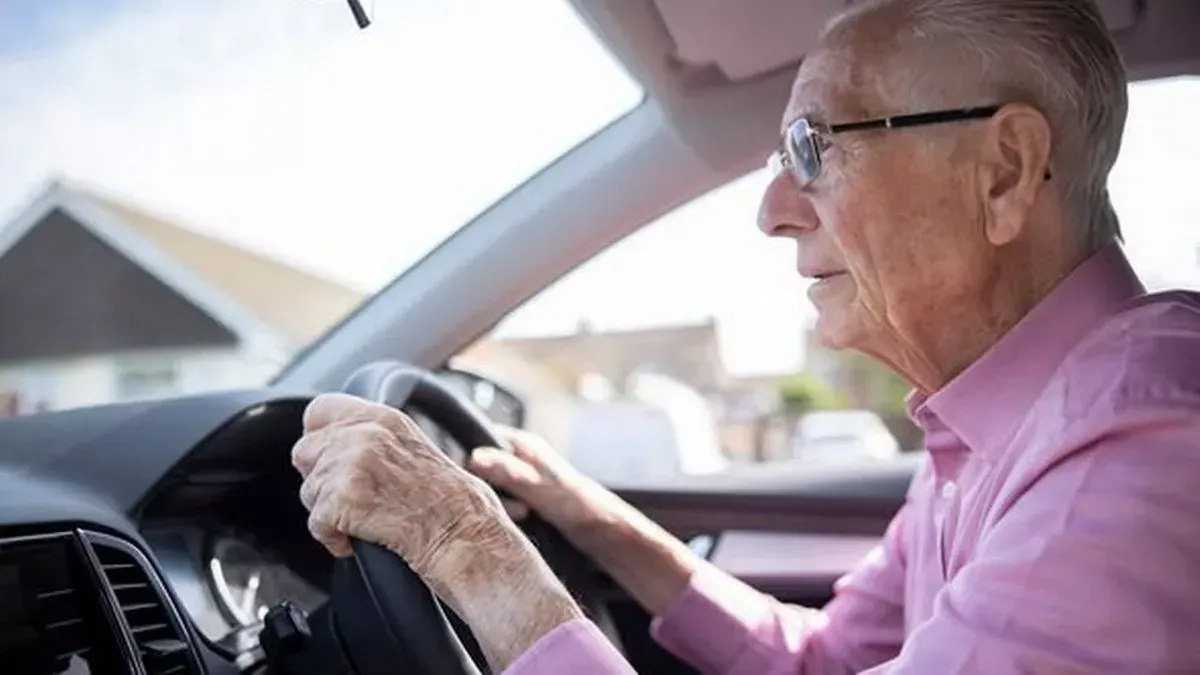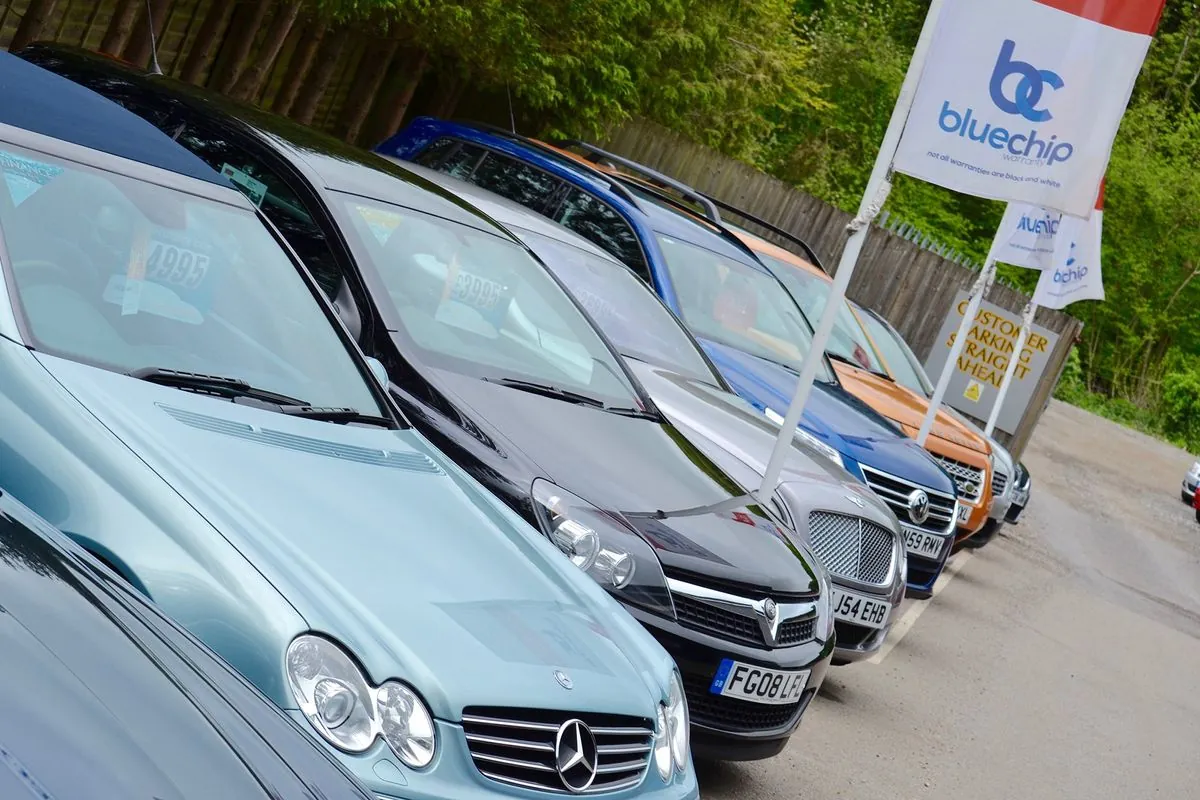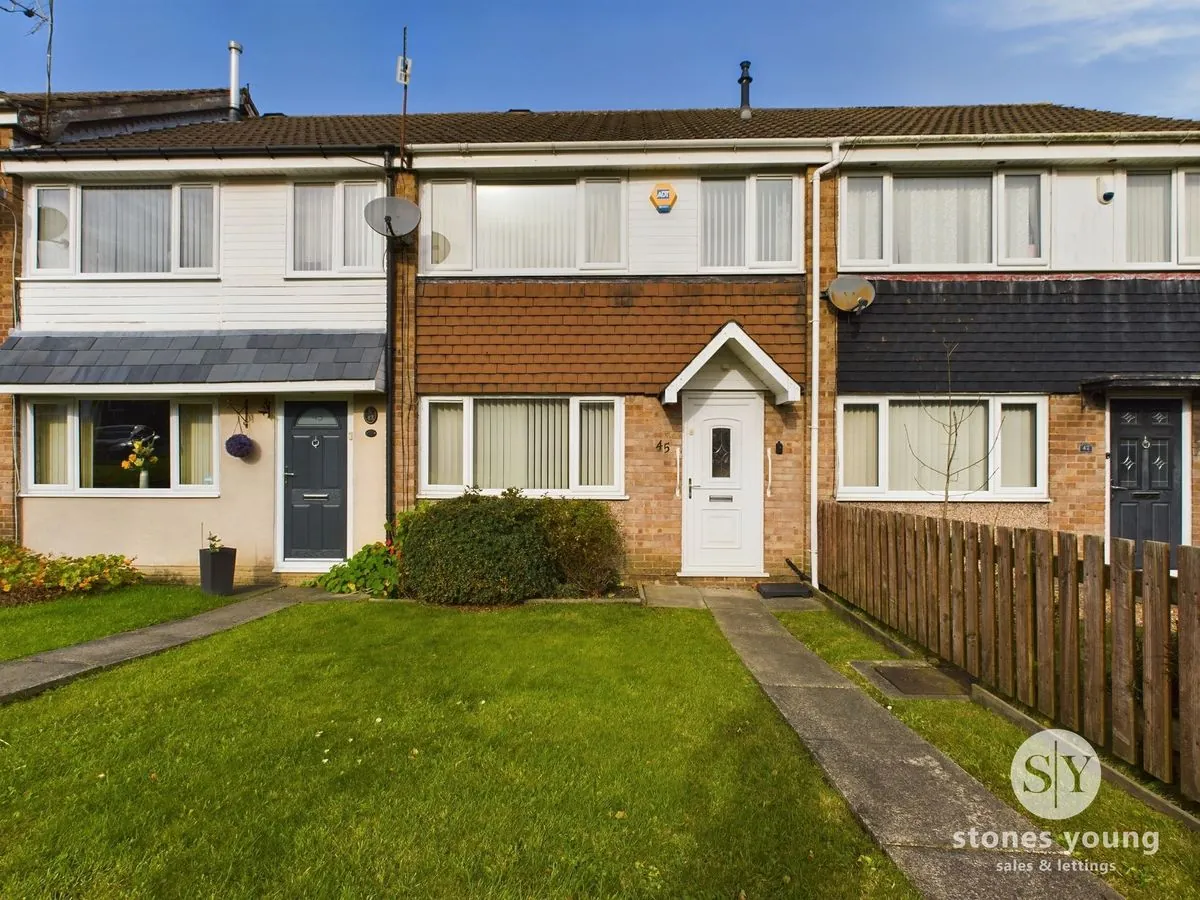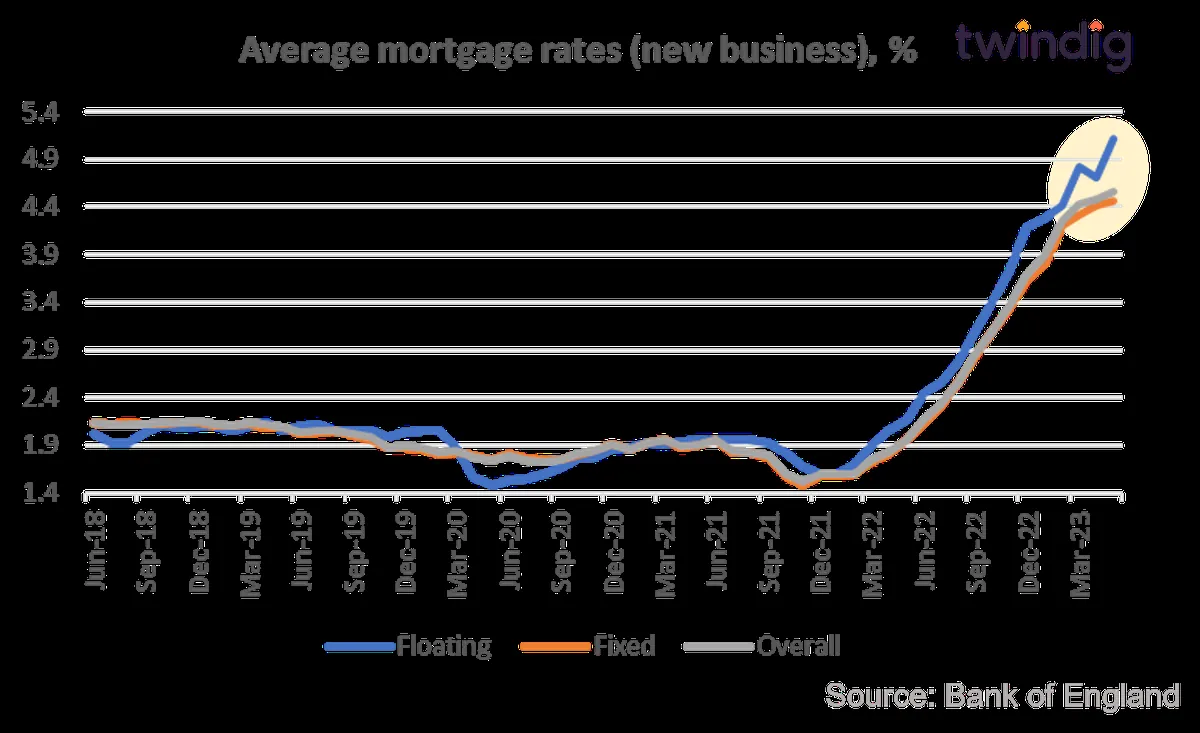Elderly drivers hit the road more as rural bus routes disappear
Record numbers of seniors are keeping their cars as bus services vanish across the country. Data shows twice as many over-70s have licenses now compared to 20 years ago‚ while bus routes keep shrinking

The number of seniors in car accidents has reached new peaks as bus routes keep disappearing across Britain. Department for Transport data shows an all-time high in crashes involving drivers over 70 (which matches the doubling of elderly driving licenses since early 2000s)
Rural communities face the biggest changes - bus services dropped by almost 30% in last two decades while elderly people drive 50% more miles yearly than they used to. Michael Solomon Williams from Campaign for Better Transport points out: “The rural bus network decline means older people dont have many choices; a bus pass is useless without actual buses“
The decimation of the rural bus network over the past decade means older people have few options for getting around if they stop driving
Dennis Reed who leads Silver Voices says seniors face limited choices: taxis cost too much and getting rides from neighbors isnt always possible. The transport system shows big gaps:
- Bus routes dropped from 1.6 billion to 1.2 billion miles
- Rural areas lost 28% of their bus services
- Cities outside London saw routes cut from 197 to 142 million miles
Caroline Abrahams from Age UK highlights that 66% of older people cant reach hospitals within half-an-hour by public transport. The government recently pushed bus fares up to £3 outside London but added £925-million for local transport funding - though its impact remains unclear
Steve Gooding from RAC Foundation suggests we need to help older drivers stay safe on roads rather than just asking them to stop driving. He notes that cars remain the most practical option for many elderly people - especially in areas where buses are non-existent and isolation is a real problem





























